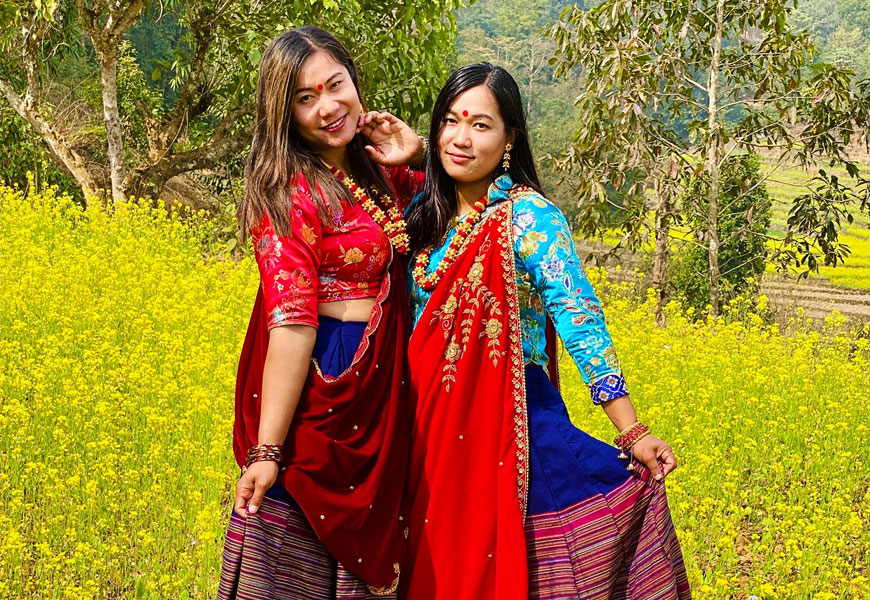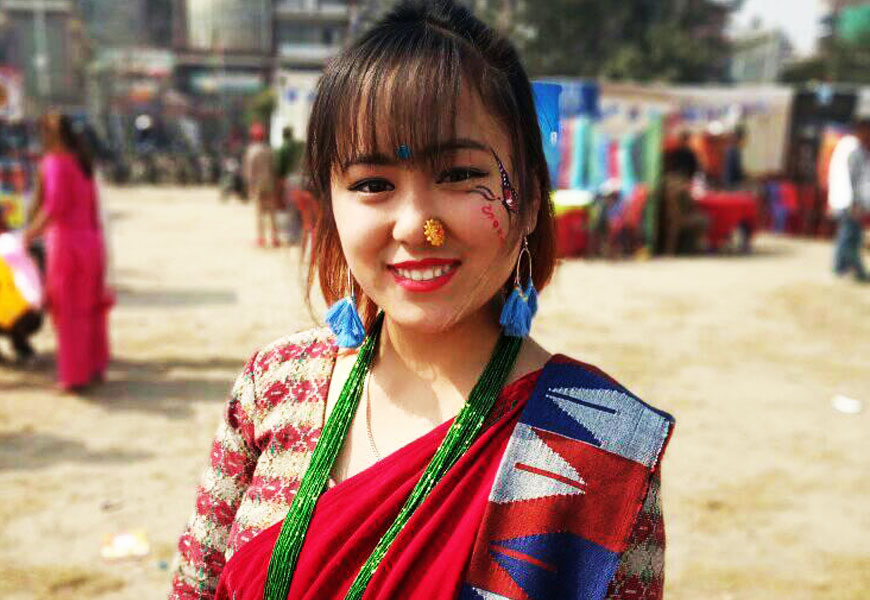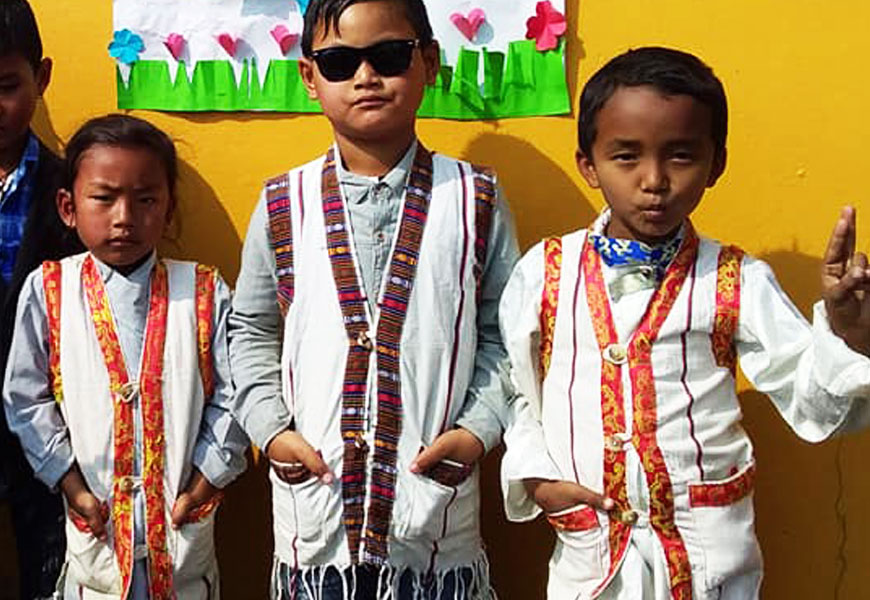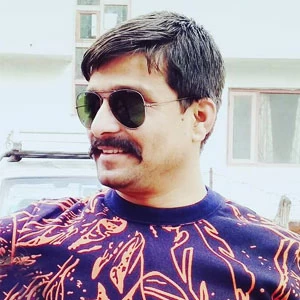 Nepal has always been a diverse country with 125 different ethnic groups residing in different regions. Among them, Tamangs hold their own culture, dialects, and customs but mainly follow Buddhism as their main religion.
Nepal has always been a diverse country with 125 different ethnic groups residing in different regions. Among them, Tamangs hold their own culture, dialects, and customs but mainly follow Buddhism as their main religion.
Apart from Buddhism, they practice ‘Shamanism’ and ‘Bon religion’. Tamang community mainly resides in the mountains of Nepal. They are aboriginal of the Langtang region of Nepal which is their homeland.
Among the total population of Nepal, almost 6% are Tamang and their language is the 6th mainly spoken in Nepal. ‘Tamang’, mainly refers to horse traders who are believed to be originally migrated from Tibet decades ago and are skillful in horse rides, and are a warrior tribe.
Carrying their own culture, customs, and dialects, the Tamang community celebrates 12 months of the year and a 12-year circle. Each year is represented by animals starting from Mouse, Cow, Tiger, Cat Vulture, Snake, Horse, Sheep, Monkey, Dog, Bird, and Deer. This animal also represents 12 zodiac signs, similar to the Chinese calendar.
This 12-year circle has only been shared with the Chinese calendar but the Tamang community has a unique way of celebrating ‘Sonam Losar’, which is called ‘Tamang New Year’. The Tamang community celebrates New Year (Losar) in the month of Magh according to the Nepali calendar and follows in the month of January-February according to the Georgian calendar.

Apart from Sonam Losar, Nepal also observes Tamu Losar and Gyalpo Losar. Tamu Losar is celebrated by the Gurung community as their New Year and Gyalpo Losar by the Sherpa community as their New Year. Both are at different times of the year.
This year 2025 AD, Sonam Losar falls on the month of 30th January (Thursday). A big celebration is organized and is declared a national holiday. People clean their houses and compounds; they place new praying flags in their houses. They visit the monastery and pray for good luck followed by good fortune in the coming year.
Sonam Losar is also observed in the Kathmandu Valley in Tudikhel. A big celebration is followed by singing and dancing with thousands of citizens in their cultural attire. The family gathers together and feasts are organized, where they exchange best wishes and gifts.
Younger members visit their relatives and take blessings from them. They visit monks and do puja for good health and luck. This is followed mainly by the family members together. Monasteries are beautifully decorated and visitors make great offerings.

In a community, people participate in a community program which is known as ‘Tamang Selo’. This is followed by musical dang and songs by the same community. Apart from these different cultural events are organized by the community, which also includes Miss. Tamang, senior citizens, and others who have put effort into uplifting their community are being facilitated.
Organizing such an event helps the young generation come together and know their culture. This will help the importance of their culture and customs and go from generation to generation. If you truly want to experience the Sonam Losar, take a chance to visit Kathmandu on 30th January 2025 and be part of a great festival organized by the Tamang Community.
JOIN OUR TEAM TO CELEBRATE THE SONAM LOSAR FESTIVAL @ USD 50 PER PERSON, BOOK NOW
Program Goes Accordingly:
-Pick Up from your respective Hotel in Thamel
-Guided Heritage Walking Tour to Ason Market and Kathmandu Durbar Square
-Guided Hike to Tudhikhel and explore the Cultural Program
-Entrance Fees, Lunch, and Drinks are not included
For more information WhatsApp: +977-9841161593 or Email: [email protected]

 Nepal has always been a diverse country with 125 different ethnic groups residing in different regions. Among them, Tamangs hold their own culture, dialects, and customs but mainly follow Buddhism as their main religion.
Nepal has always been a diverse country with 125 different ethnic groups residing in different regions. Among them, Tamangs hold their own culture, dialects, and customs but mainly follow Buddhism as their main religion.

